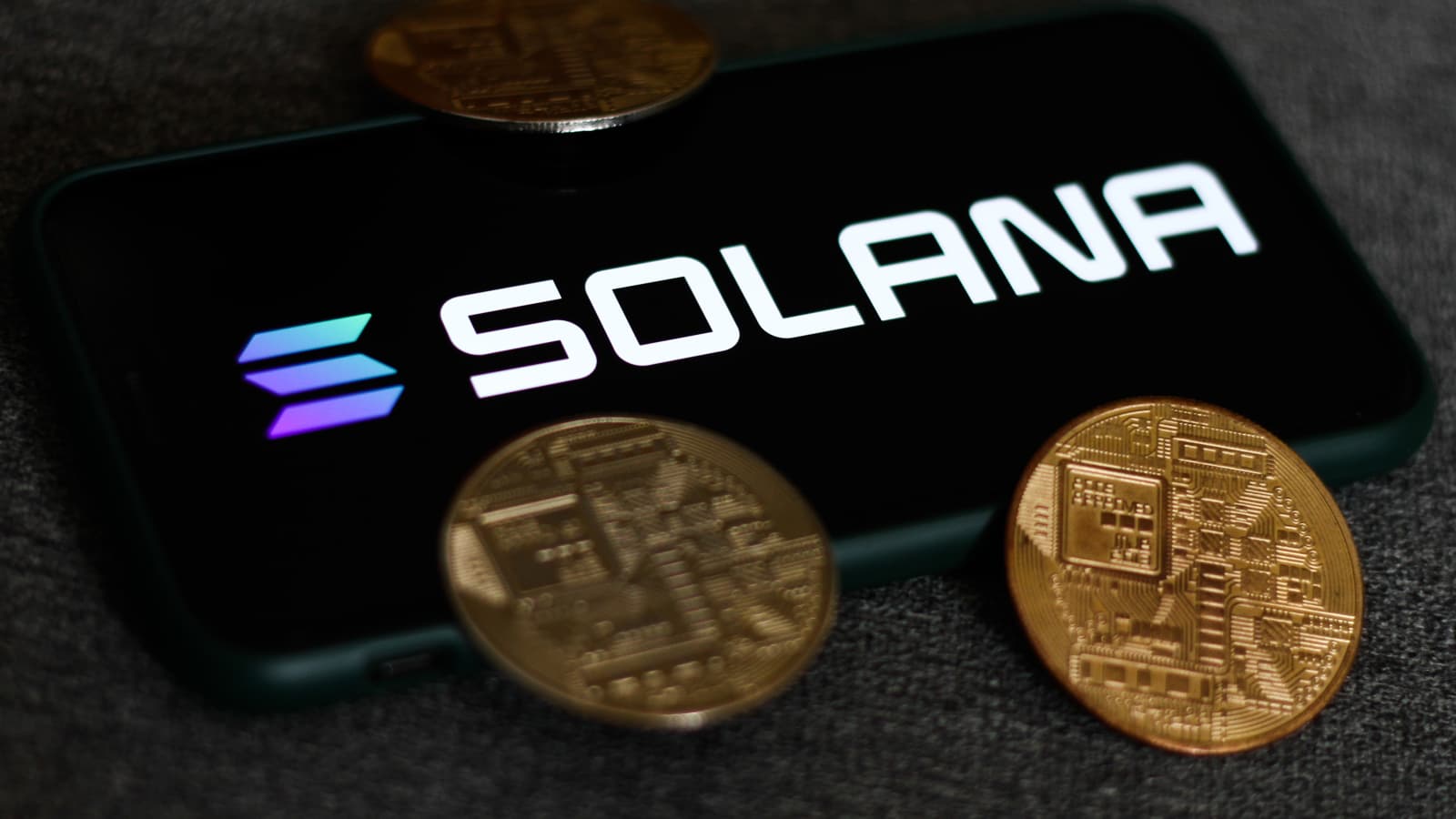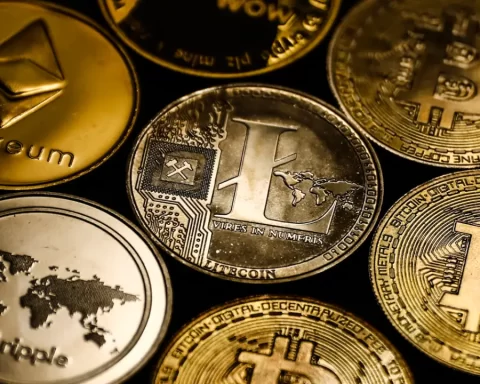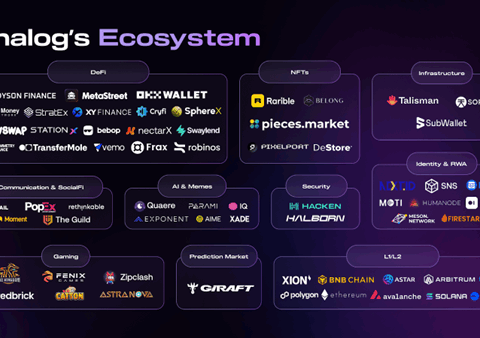Raj Gokal, the co-founder of Solana, a prominent blockchain protocol, and the Chief Operations Officer (COO) of Solana Labs, embarked on his career in the world of venture capital, focusing on high-growth tech enterprises.
Over seven years, Gokal’s primary area of expertise was health tech.
He initially delved into the realm of wearable sensors employing Bluetooth Low Energy as a wireless protocol.
Later, he took the reins of product management at Omada Health, with a mission to tackle the complexities of the fragmented U.S. healthcare system.
However, Gokal encountered challenges with health plans and regulators, prompting him to acknowledge the persistent issues within the industry.
Gokal’s journey took a transformative turn when he crossed paths with Anatoly Yakovenko, co-founder of Solana, who had a visionary plan to address scalability issues in the crypto world.
This encounter ignited Gokal’s immersion in the crypto industry, leading to rewarding experiences over the past five years.
In a recent interview with Cointelegraph, Gokal discussed various aspects of Web3, scalability, tokenization, and more.
One of the notable topics addressed in the interview was the real-world use cases of Web3.
Gokal highlighted the emergence of decentralized physical infrastructure networks, exemplified by projects like Helium and Hivemapper.
These projects demonstrated the viability and significance of leveraging low-cost, scalable blockchain technology to create innovative solutions without the need for central authorities.
Regarding the architectural considerations for building real-world solutions on layer-1 platforms, Gokal emphasized the importance of parallelized transaction processing, validation, compatibility, composability, decentralization, and battle-testing across multiple cycles.
The conversation then shifted to Solana’s initiatives in mobile and payments, including the introduction of Solana Pay and the Saga phone.
Gokal explained that these endeavors aimed to foster an accessible and open payments ecosystem while influencing tech giants like Apple and Google to embrace user-centric frameworks.
Real-world asset tokenization was another key topic.
Gokal acknowledged the immense potential of this field and mentioned initiatives like Parcl and Homebase.
He stressed the importance of creating accessible, user-friendly, and trustworthy platforms and delivering compelling narratives to users to drive adoption.
Gokal concluded by highlighting the two stages of product-market fit in the Web3 space, emphasizing the importance of earning through contributions to networks that add real-world value to users.
He acknowledged the early stage of these developments, expressing excitement for the future of the Web3 ecosystem.
Other Stories:
Legal Industry Rakes in Over $700 Million from Cryptocurrency Bankruptcies
Japanese Financial Regulator FSA Proposes Tax Code Overhaul for Crypto Assets
Micro Bitcoin Mining Devices: Embracing Transparency and Community Over Profits




